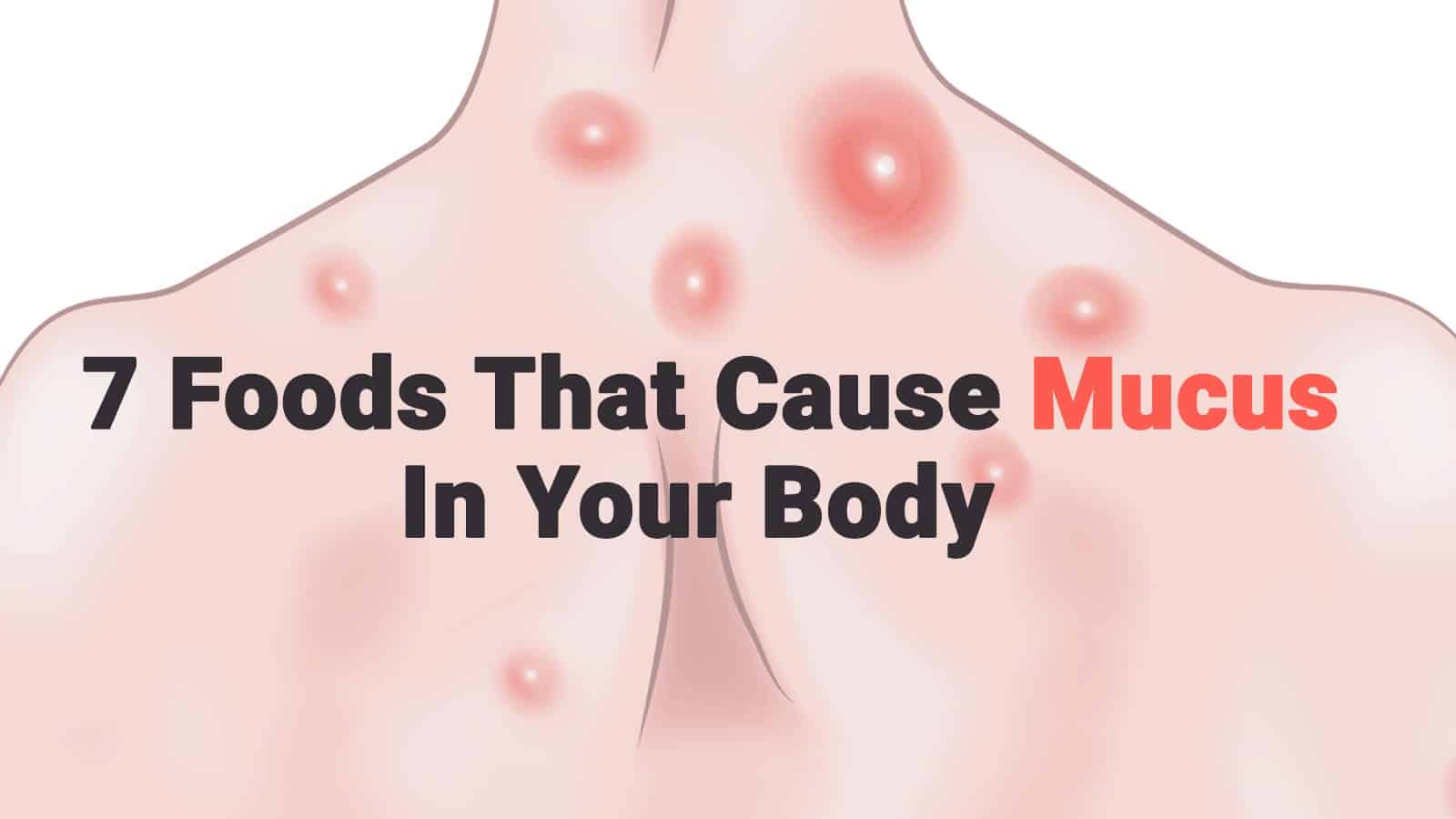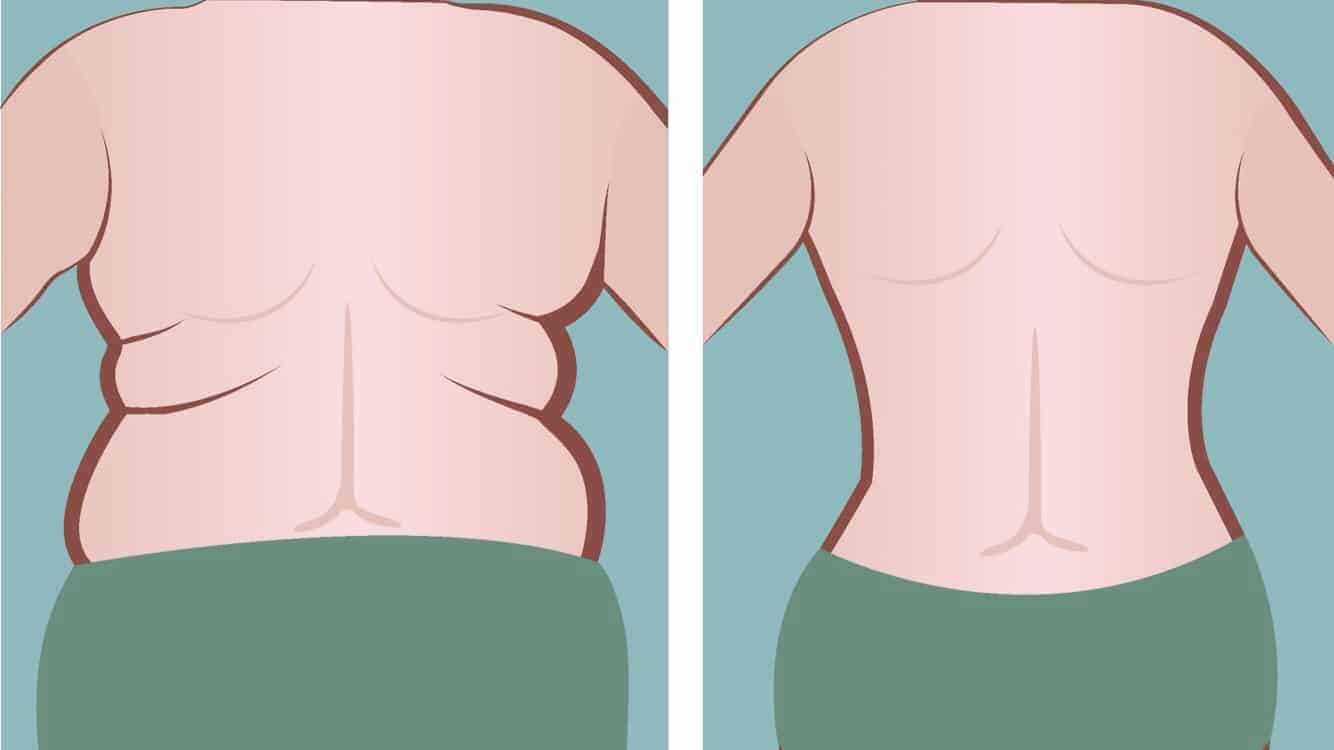Many people only think about mucus or phlegm when they’re feeling ill. Mucus is that sticky, annoying substance that makes your nose feel blocked. Phlegm is very similar to mucus in that way. But it’s produced from your lungs instead. Mucus is different, as it’s mostly in your nose, and it can cause some nasty conditions such as sinusitis or make you wake up with crusty eyes and a puffy face. It might not surprise you that some foods cause mucus. Consuming these foods, especially when you are already under the weather, can make you feel worse.
The best way to avoid being affected by the effects of mucus is to rid your diet of foods that cause mucus production. That might not be very easy – and you don’t have to quit those foods cold turkey – but making a conscious effort to reduce them in your diet will yield effects straightaway. Eating these foods in moderation is also a good step to take. If you suffer from problems caused by excessive mucus, you’ll feel much better after a week of adjusting your diet. Without further ago, let’s get to this list of foods.
Here Are 7 Foods That Cause Mucus In Your Body

1. Milk and dairy
Cheese, milk, yogurt, and all other dairy products contain casein – molecules many believe may increase mucus secretions. Therefore, consuming a lot of dairy products means that there will be more mucus in your throat and sinuses. They also believe the lactose may be bad for mucus production, too.
So try replacing the milk in your coffee or cappuccino with a dairy alternative like almond. There are also a variety of plant-based milks that can do the trick – and feel free to experiment until you find the one you like. If you’re feeling adventurous, try some dairy-free cheese and ice cream! You’ll be surprised at the great tastes you can find.
Much information on thickening mucus after consuming dairy is anecdotal, and research is ongoing. Some scientists believe that any increase in mucus after dairy consumption is most likely a sensitivity or allergy. One study disputes that milk can cause mucus, calling it a myth.
Still other suggest that the perception of milk causing mucus might be due to the texture and viscosity of milk, which some may mistake for the feeling of mucus in the mouth and throat.
Long story short – talk with your doctor and ask it you could have a dairy sensitivity causing increases of mucus.
2. Sugar
As much as you love sugary treats, you need to be aware of the fact that sugars are one of those foods that cause mucus in your body. Even sugar in your coffee or tea is in danger of making your body produce more mucus, as well as processed fruits and even simple things like glazed fruits. Try replacing sugar with anything you can find; honey and agave nectar are always good alternatives. In baking, you can use more fruit, a natural sugar source.
In fact, consuming high amounts of sugar can lead to inflammation, which may increase mucus production. One study discusses how excessive fructose consumption (a type of sugar) can lead to inflammation and nonalcoholic fatty liver disease.
3. Meat and oil
This doesn’t mean that you need to turn vegetarian. However, if you do have the flu or a cough, it’s a good idea to avoid any meat or fish because they could make your mucus discharge even worse. In the long term, limit your meaty meals to several a week rather than eating meat daily. With fish, try to consume even less because fish is very rich in fatty acids and oils that can also contribute to mucus production.

4. Wheat
Some people are sensitive to wheat and may experience increased mucus production after consumption. The sensitivity to wheat and its potential effects on mucus production are usually linked to conditions like wheat allergy, celiac disease, or non-celiac gluten sensitivity.
A study on wheat allergies notes that while some individuals may experience increased mucus production or respiratory symptoms after consuming wheat, these are not the primary or most common symptoms associated with wheat sensitivity or allergy.
5. Nuts
Some individuals are allergic to specific nuts, and an allergic reaction can manifest in various ways. Symptoms of a nut allergy can include sneezing, runny or stuffy nose, and postnasal drip, all of which may stimulate mucus production. In severe cases, an allergic reaction to nuts (or various other foods, according to studies) can lead to anaphylaxis, a life-threatening condition requiring immediate medical attention.
6. Alcohol
No matter whether it’s beer, whiskey, vodka, or any other type of alcohol – drinking is discouraged while you’re ill because alcohol tends to dehydrate you. Dehydration means that the remaining mucus feels more concentrated in the body. If you’re thinking about replacing alcohol with soft drinks, take note that carbonated sugary drinks can dehydrate you, too. The best source of hydration while you’re ill is water – because there are no additives in it, and it can easily break down the mucus.
7. Fried foods
Your favorite fast-food burger and fries might be your go-to meal on the way home from a hectic or stressful day at work. But does it leave you feeling sluggish the next day? That’s because these foods can increase inflammation in the body, potentially leading to increased mucus production.
As a study explains the association between fried foods, inflammation, and potential health consequences. Fried foods often contain trans fats and are cooked at high temperatures. As a result, it can form harmful compounds that promote inflammation. It causes particular inflammation in the bowel and can lead to inflammatory bowle diseases.
Final thoughts on the foods that cause mucus in your body
It’s difficult to deal with excessive mucus because it feels like it’ll never go away – but it will, as long as you keep up the positive thinking and the healthy mucus-defeating diet! Continue to be positive and don’t deprive yourself of useful nutrients, though, and if you feel very ill, always consult your doctor!
















